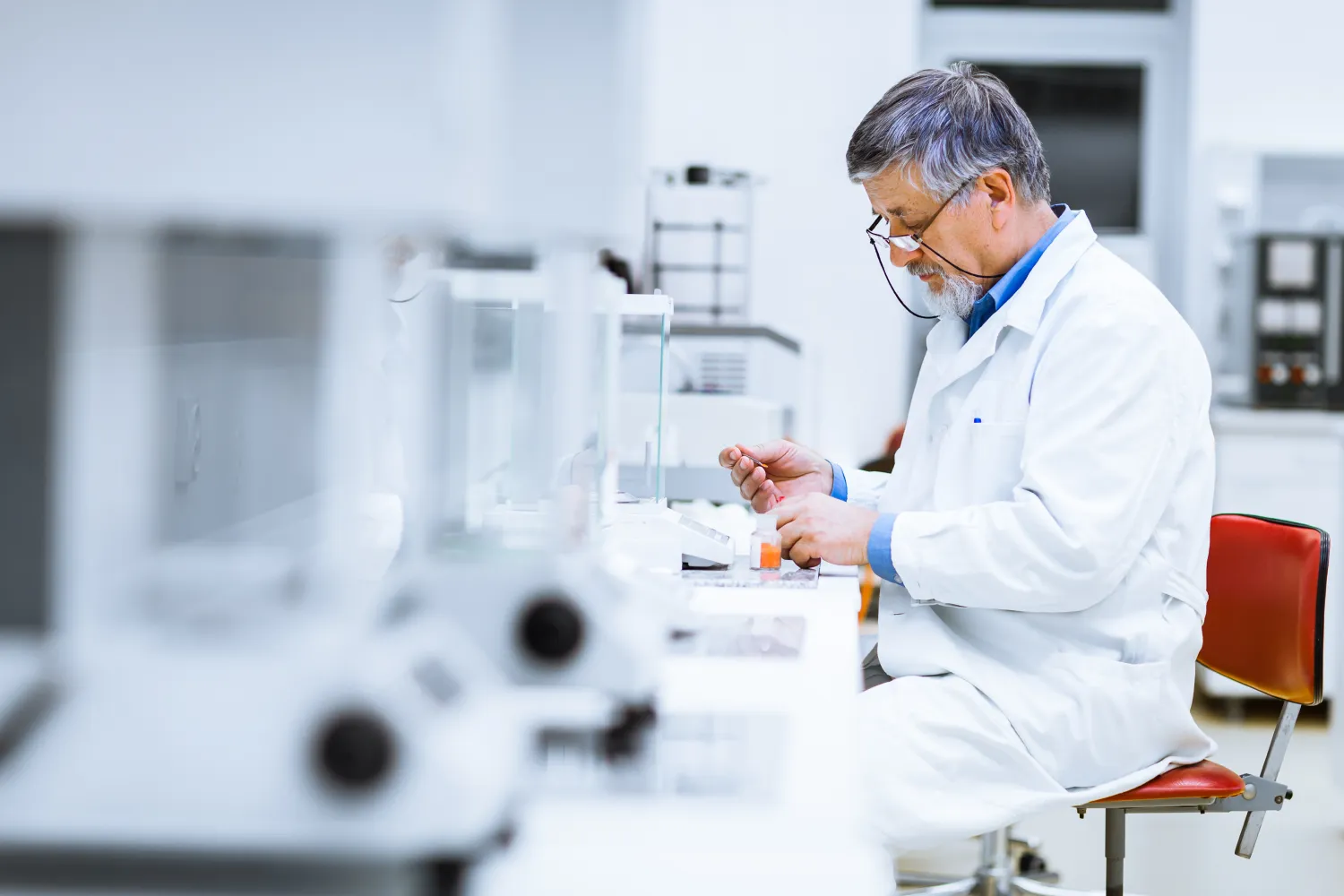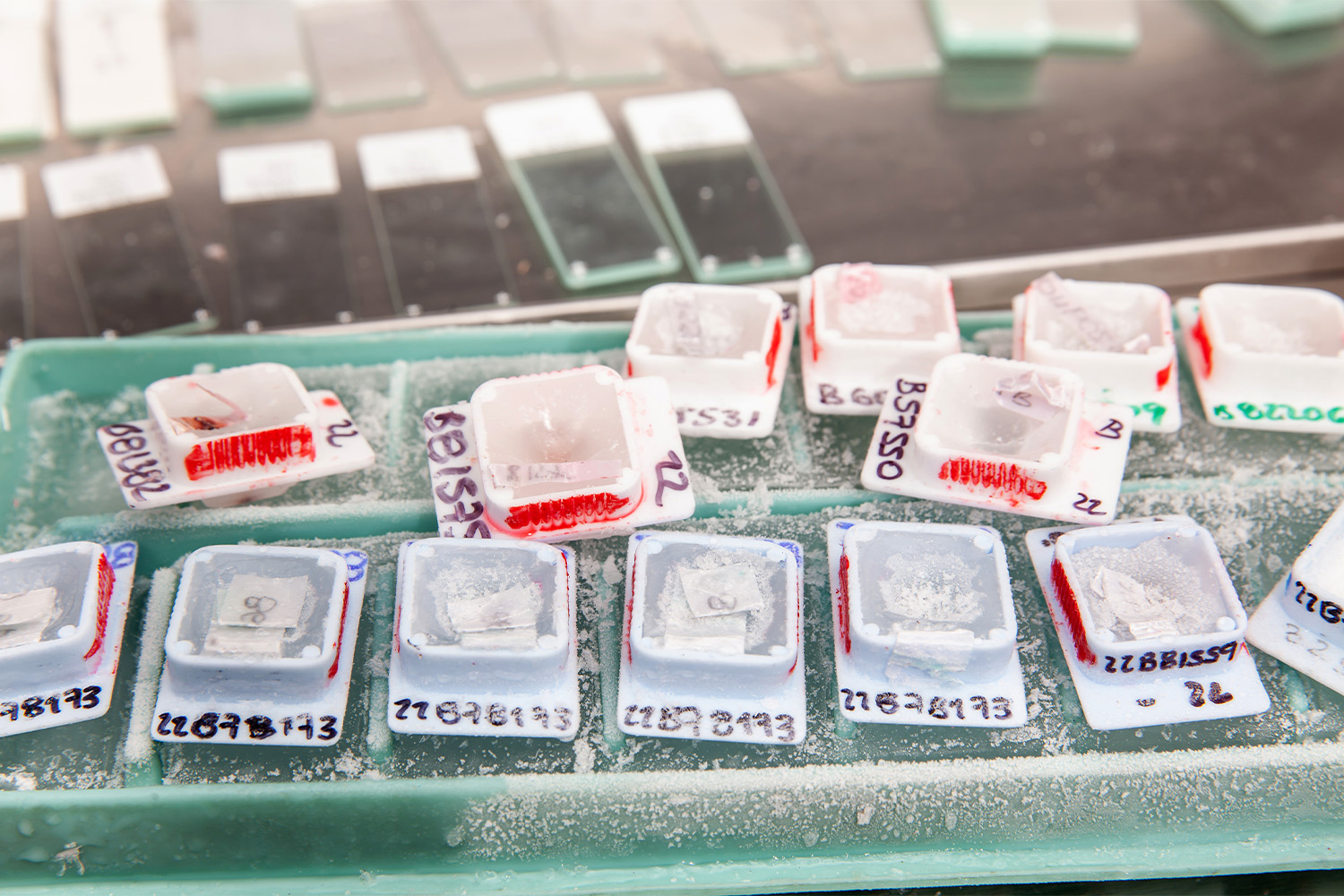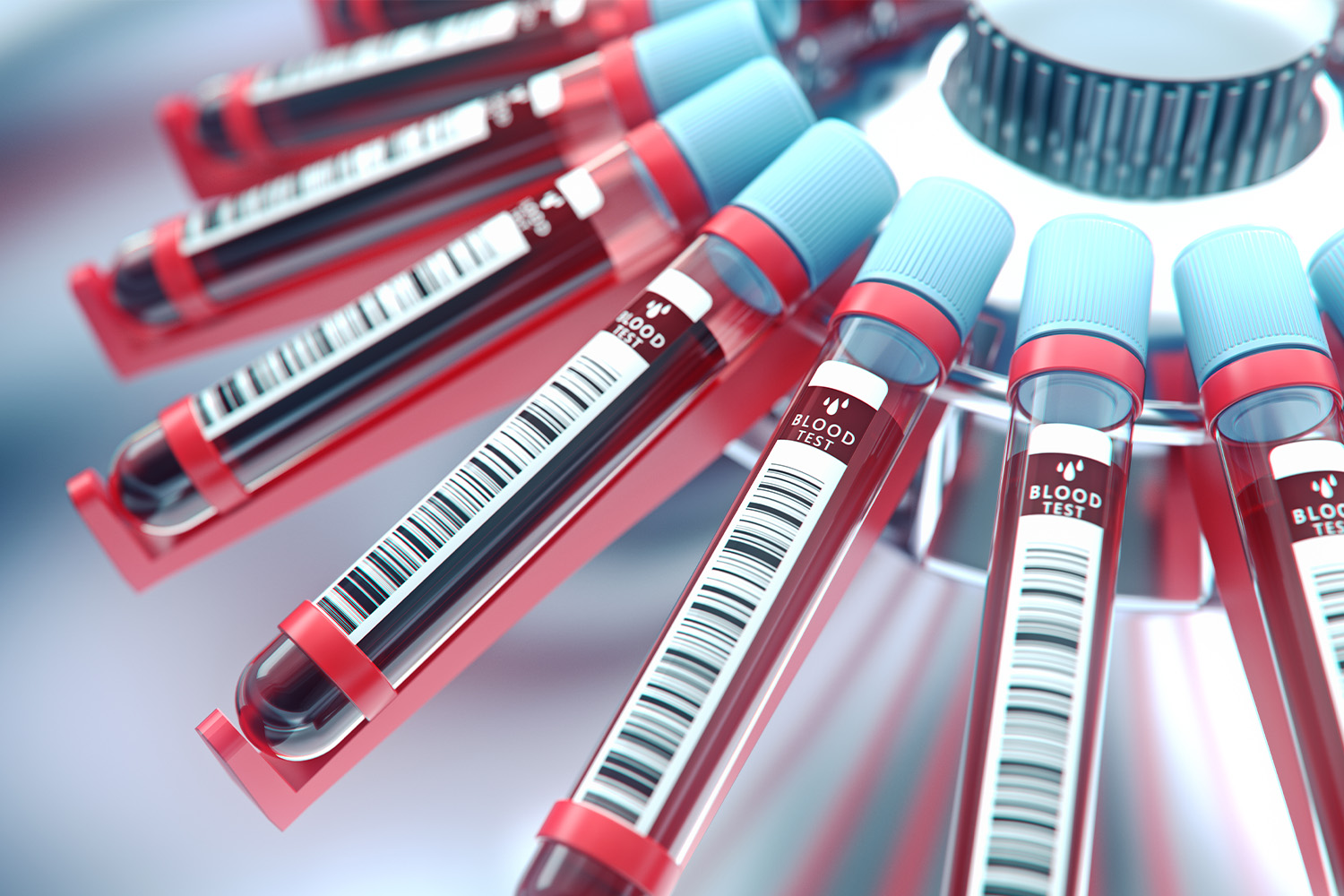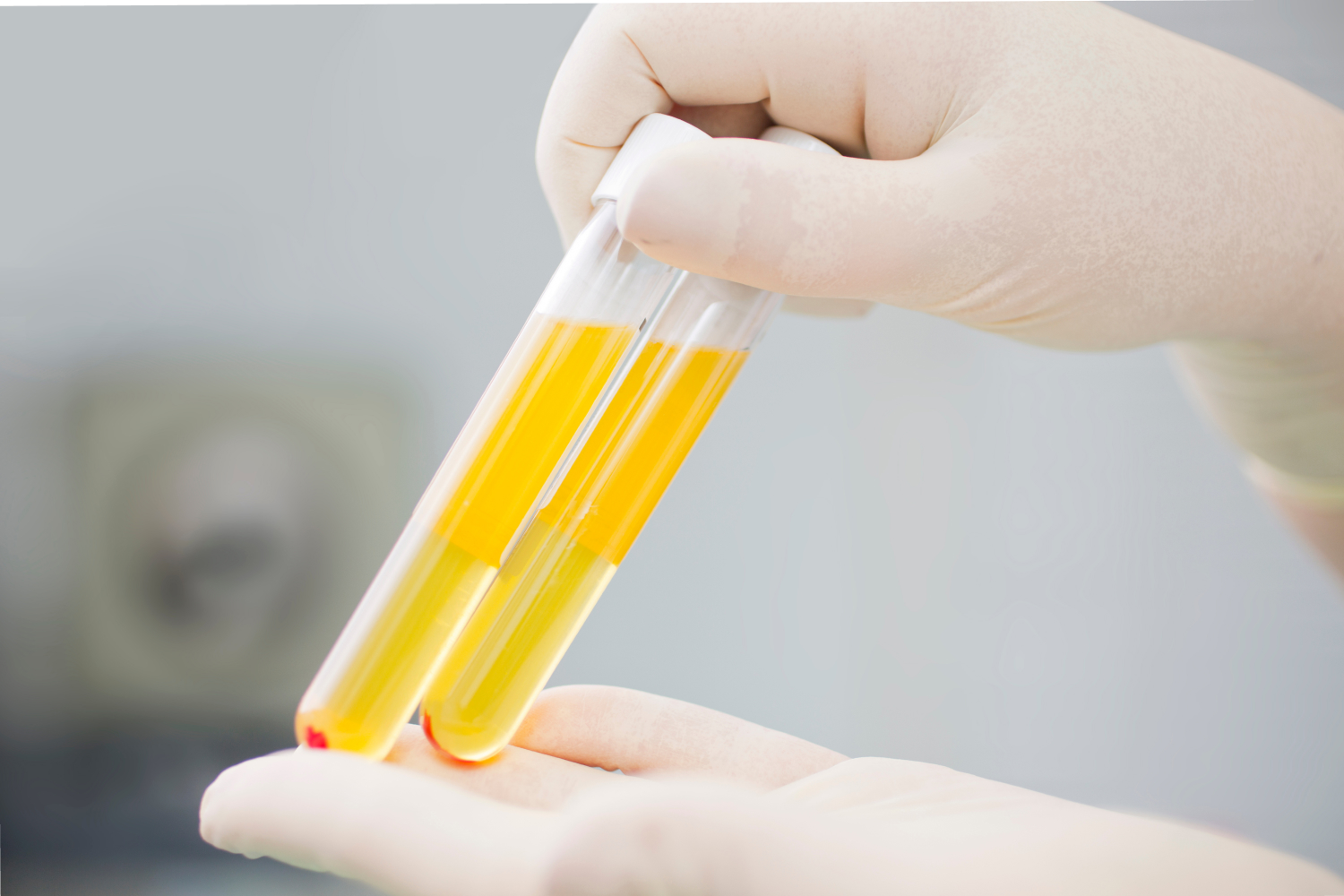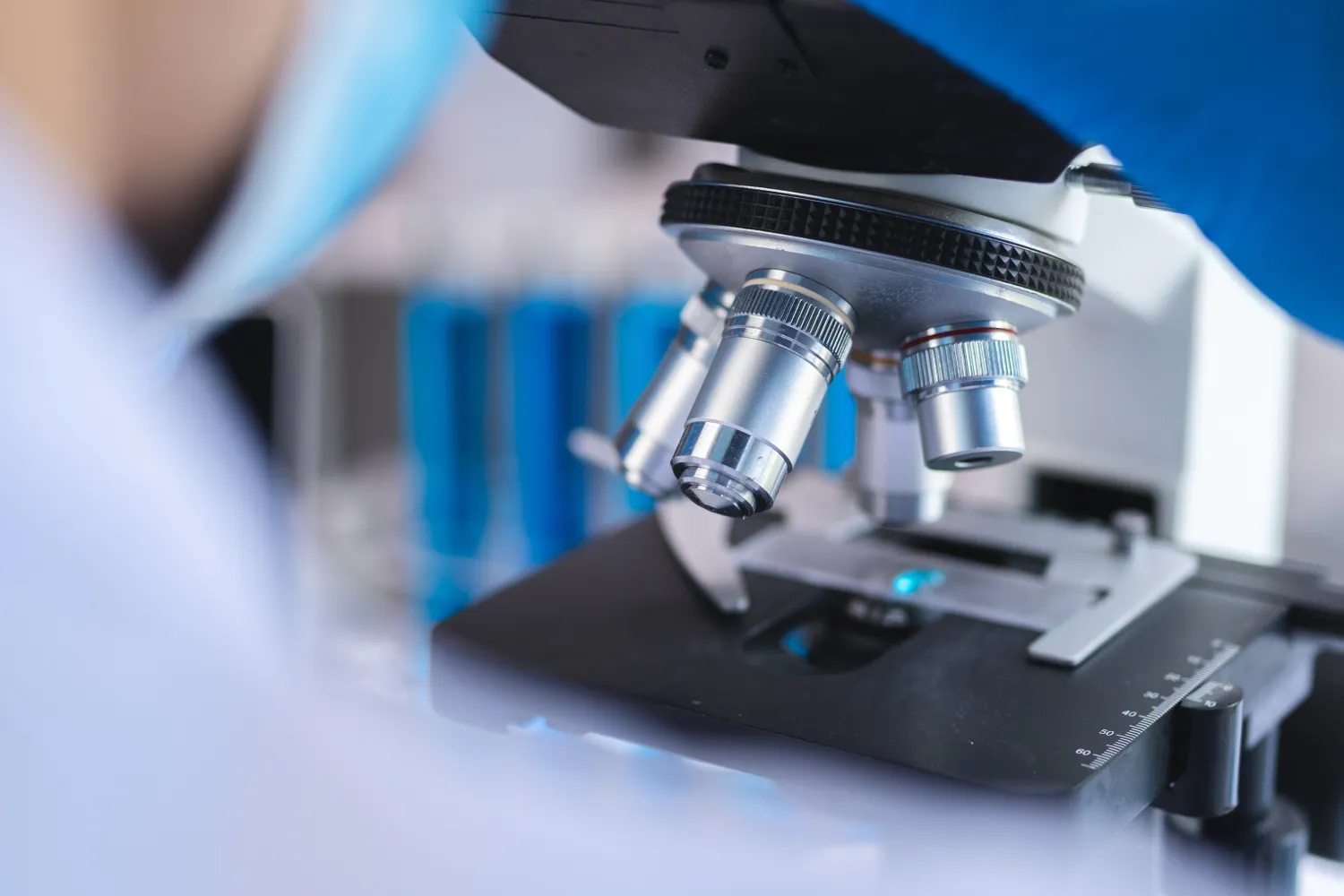In the rapidly evolving landscape of medical research, one technological advancement stands at the forefront: biobanking. A fundamental pillar in translational research and personalized medicine, biobanking is the process of collecting, storing, and distributing biological materials, or biospecimens, for scientific investigation.
Biobanks have become instrumental resources for clinical researchers and drug discovery directors worldwide, serving as invaluable repositories of information that help unravel the complexities of disease mechanisms and pave the way for groundbreaking therapies.
What Is Biobanking?
Biobanking, in its most basic sense, is the systematic collection and preservation of biological samples for future use in research. These biological samples, or biospecimens, can take many forms, which include:
- Tissues
- Blood
- Plasma
- Serum
- Swabs
- Urine
- Stools
They are obtained from human or animal donors through various procurement methods such as surgery, biopsy, post-mortem examination, or organ donation.
The procured biospecimens are then stored in a controlled environment to maintain their integrity over an extended period. To ensure that these samples remain viable and that their biological properties remain consistent, careful preservation methods are employed. These methods may involve refrigeration, cryopreservation, or fixation using different agents, depending on the nature of the biospecimen and its intended use.
Distribution is the final phase of the biobanking process, wherein the stored biospecimens are made available to researchers for various medical and scientific investigations. This distribution must be organized to prevent undue delays and ensure that the biospecimens reach the research facilities in optimal condition.
The Rise of Biobanking in Medical Research
The advent of biobanking has significantly transformed the face of medical research. The scientific community has increasingly turned to biobanks as critical resources, allowing them to access a broad range of biospecimens without the logistical, ethical, and regulatory challenges associated with direct biospecimen collection.
There are several factors that have contributed to this rise of biobanking in medical research.
The Emergence of Personalized Medicine
Firstly, the emergence of personalized medicine, which requires a deep understanding of individual genetic makeup and disease susceptibility, has necessitated the availability of a wide variety of biospecimens. Biobanks provide a diverse pool of samples, allowing researchers to study a range of genetic variations and biological responses.
The Acceleration of Drug Development
Secondly, the acceleration of drug development has been greatly facilitated by biobanking. Access to high-quality, well-annotated biospecimens has enabled researchers to better understand disease mechanisms at the molecular level, hastening the discovery of potential therapeutic targets and the testing of novel drugs.
Advancements in Data Management and Computational Technologies
Finally, the rise of biobanking has been spurred by advancements in data management and computational technologies, allowing for the efficient cataloging, retrieval, and analysis of biospecimens and their associated data. This streamlined access to both biological material and data is essential in an era of high-throughput genomics and big data analytics, where researchers need to quickly and efficiently navigate vast amounts of information.
Applications of Biobanking in Medical Research
Biobanking has found immense utility in various domains of medical research, most notably in the fields below.
Oncology
Biobanks play an integral role in cancer research, enabling investigators to study tumor evolution, heterogeneity, and drug response. Biospecimens from cancer patients, including tumor tissues and associated blood samples, provide valuable insights into cancer biology, helping researchers identify new biomarkers and therapeutic targets. Additionally, longitudinal biobanking, where samples are collected from the same patient over time, can shed light on the dynamics of tumor progression and response to treatment.
Neurology
Biobanking has proven invaluable in studying neurodegenerative diseases like Alzheimer’s and Parkinson’s. Post-mortem brain tissues, cerebrospinal fluid, and other relevant biospecimens can be stored and later used to investigate the molecular mechanisms underlying these diseases. Such research can aid in the discovery of disease biomarkers, leading to early diagnosis and improved therapeutic interventions.
Genomics
The advent of genomics has further highlighted the importance of biobanking. Genomic studies often require large sample sizes to uncover the minor genetic variations associated with disease susceptibility. Biobanks, by providing access to a vast number of diverse biospecimens, significantly accelerate genomic research, facilitating the development of personalized medicine approaches.
Immunology
Biobanking’s role in immunology cannot be overstated. It offers a source of diverse immune cells, tissues, and other biospecimens, allowing researchers to decode the complexity of immune responses, track disease progression, and assess immunotherapeutic efficacy.
With these invaluable resources, scientists can uncover novel insights into the immune system’s role in various diseases, enabling the design of innovative immunotherapies and vaccines.
Pharmacogenomics
In the field of pharmacogenomics, biobanks are of paramount importance. They provide access to diverse biospecimens coupled with detailed genetic data, permitting researchers to scrutinize genetic variations that affect drug metabolism and responsiveness.
Through this, it becomes possible to identify patient-specific genetic factors influencing therapeutic outcomes, paving the way for individualized drug therapies and improving patient care.
Regenerative Medicine
Biobanking plays a vital role in regenerative medicine, a field dedicated to restoring lost or damaged tissues or organ functions. By storing stem cells and other relevant cell types, biobanks equip researchers with the resources needed to explore novel therapeutic strategies, from tissue engineering to stem cell transplantation.
This accelerates the pace of innovation in regenerative medicine, edging us closer to effective treatments for conditions once considered untreatable.
Infectious Diseases
The study of infectious diseases greatly benefits from biobanking. By making available biospecimens from infected individuals, biobanks facilitate investigations into disease progression, host immune responses, and potential therapies’ efficacy.
This was particularly evident in the recent global pandemic, where biobanks served as pivotal resources for rapidly advancing our understanding of the coronavirus and aiding in the development of effective countermeasures.
Cardiovascular Diseases
In the realm of cardiovascular diseases, biobanks have proved invaluable. They store diverse heart tissues, blood samples, and other relevant biospecimens, enabling researchers to dissect the interplay of genetic, molecular, and environmental factors contributing to these diseases.
Analysis of these biospecimens can unearth potential biomarkers and therapeutic targets, offering hope for improved diagnosis, prevention, and treatment of cardiovascular conditions.
Endocrinology
For endocrine research, biobanks are essential. They offer a rich source of biospecimens that facilitate the study of various hormonal disorders, such as diabetes, thyroid conditions, and adrenal diseases.
Having access to these samples empowers researchers to delve deeper into the molecular underpinnings of endocrine disorders, enhancing diagnostic precision, improving prognostic capabilities, and refining treatment protocols.
Rare Diseases
For rare disease research, biobanks are indispensable. Given the low prevalence of these conditions, procuring and storing biospecimens from affected individuals can pose a significant challenge.
By collecting these rare samples, biobanks democratize access to them for researchers worldwide. This accelerates the pace of research, stimulating discovery and facilitating the development of novel treatments for these often overlooked diseases.
Public Health Surveillance
Biobanking has the potential to enhance public health surveillance efforts by enabling the collection and storage of biospecimens for epidemiological studies. By analyzing these samples, researchers can gain insights into the prevalence, spread, and impact of diseases within specific populations, leading to the implementation of targeted public health interventions and preventive measures.
What Are the Ethical and Legal Aspects of Biobanking?
As critical as biobanking is to the advancement of medical research, it must be conducted within an ethical and legal framework that respects donor rights and maintains public trust.
Informed Consent
This principle requires that donors be given comprehensive information about the purpose, benefits, risks, and procedures involved in biospecimen donation, allowing them to make a fully informed decision. This is crucial for maintaining ethical integrity and respecting the autonomy of the donors.
Privacy and Confidentiality
Biobanks must ensure stringent measures to protect the privacy and confidentiality of the donors. De-identification and anonymization are usually employed to protect donor identity. Donors should also be informed about how their data will be used and stored and their rights to withdraw consent if they feel their privacy is at risk.
Legal and Regulatory Compliance
Biobanks must comply with regulations to ensure that biospecimens are used appropriately and ethically and that the rights of the donors are upheld. This includes adhering to laws and guidelines pertaining to biospecimen ownership, commercialization, and data protection. Regulatory oversight helps prevent the misuse or trafficking of biospecimens and maintains the integrity of the biobanking process.
The Role of iProcess Global Research in Biobanking
iProcess Global Research has been a pioneering force in the realm of biobanking. With over 17 years of experience, we’ve established an extensive global network of over 1,000 sites and shipped over 100,000 biospecimens worldwide, supporting a myriad of cutting-edge research endeavors.
We offer a diverse range of biospecimens, from tissues, blood, and plasma to swabs, urine, and stool samples. These biospecimens, carefully curated across various disease types, including cancer and infectious diseases, have empowered researchers to delve deeper into the complexities of disease processes and develop innovative therapies.
We are committed to operating within a stringent ethical and legal framework, prioritizing donor rights, and maintaining rigorous standards of informed consent, privacy, and regulatory compliance. With our extensive experience and robust protocols, iProcess Global Research stands at the forefront of the biobanking revolution, providing reliable biospecimen solutions to facilitate the next generation of medical research.
Challenges in Biobanking and How iProcess Is Addressing Them
Despite the significant advancements in biobanking, several challenges remain, ranging from biospecimen quality control to ethical and legal issues. iProcess Global Research is actively addressing these challenges through its innovative solutions and stringent protocols.
Biospecimen Quality and Standardization
Ensuring the quality and standardization of biospecimens is critical to the reliability and reproducibility of research outcomes. iProcess addresses this challenge by implementing stringent collection, processing, and storage protocols to maintain biospecimen integrity.
Moreover, the company is dedicated to fostering global standardization in biobanking procedures to facilitate cross-study comparisons and improve the overall quality of research.
Ethical and Legal Challenges
Navigating the complex ethical and legal landscape of biobanking is another challenge that iProcess is committed to addressing. The company maintains a strict adherence to informed consent, privacy, and regulatory compliance, ensuring the rights and welfare of donors are respected.
Sustainability
As biobanks continue to grow, sustainability becomes a crucial issue. iProcess is working towards the development of efficient and sustainable models for biobank operations. The company optimizes its processes to reduce waste, improve efficiency, and ensure the long-term sustainability of its biobank.
What Is the Future of Biobanking?
The future of biobanking looks promising, with the potential to revolutionize medical research and healthcare. As technological advancements continue, biobanks are expected to become increasingly integral to personalized medicine, disease prevention, and improved patient outcomes.
Personalized Medicine
Biobanks will continue to play a critical role in the advancement of personalized medicine by providing the necessary biospecimens for genomic and molecular research. Such research will facilitate the identification of individual disease risk factors and the development of personalized treatment strategies.
Disease Prevention
Biobanks are also anticipated to contribute significantly to disease prevention. Biospecimens can provide valuable insights into the early stages of disease development, helping researchers identify preventive measures and interventions.
Improved Patient Outcomes
Through the support of novel therapies and drug development, biobanking is set to contribute to improved patient outcomes. High-quality biospecimens will enable researchers to develop and test innovative treatments, leading to more effective care and enhanced patient prognosis.
The Bottom Line
Biobanking is undoubtedly revolutionizing medical research. With its capability to provide high-quality, diverse biospecimens, it has become an invaluable tool in understanding disease processes, developing new therapies, and enhancing patient care.
As the field continues to evolve, biobanks like iProcess Global Research will remain at the forefront, driving innovation and contributing to the advancement of healthcare. Through stringent quality control, ethical adherence, and a commitment to sustainability, iProcess is dedicated to harnessing the full potential of biobanking to shape the future of medicine.
Sources:
What is Biobanking | Mass General Brigham
Biobanks in the era of personalized medicine: objectives, challenges, and innovation | PMC
